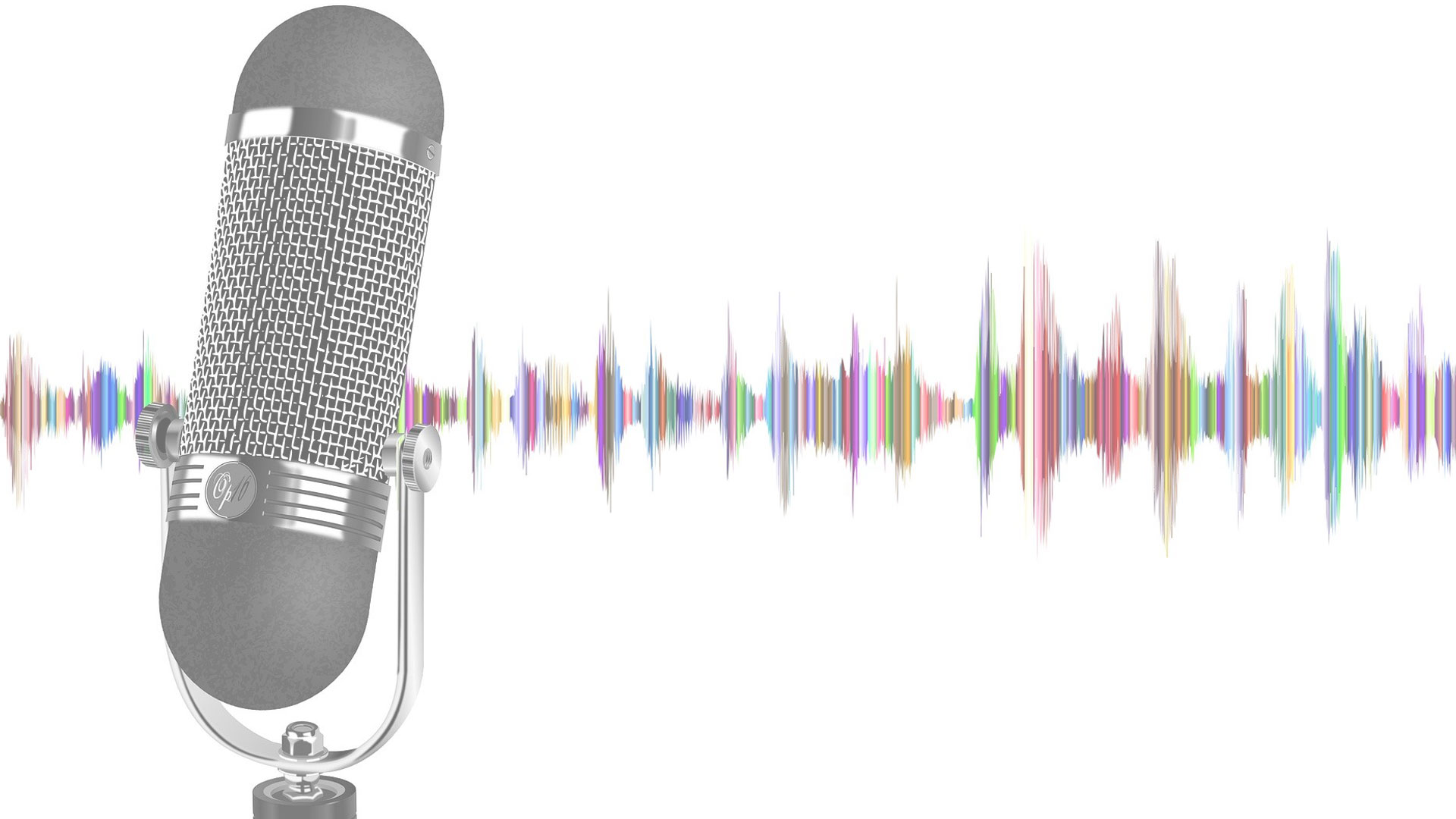Podcast – All Episodes
Episode 02/21: The Wisdom Workshop Chapter 02 „Leadership in the Future“
In today’s chapter we discuss about what skills and thoughts do leaders need in future?
Mindsets of the last century cannot bring solutions for the future. How can mindsets be formed that support future developments and that include complex crisis that humanity is going to face e.g. climate change in which we are already in? It is actually simple, because indigenous people live accordingly. What can we learn from them?
Watch this video and enjoy our conversation.
Episode 1/21: The Wisdom Workshop Chapter 1/21 “We are many. Whom do we identify with?”
“The Fall, a time when the illusion of the Maya fades away, a freedom from the identification with the illusory persona. For as the trees let go of their leaves to embrace the new season each year, there is no need to fight the shadows that form the illusion or the masks that form our egoic personas, but rather enjoy the illusion for what it is and find the freedom to accept and play a role outside of identification.” ― Virgil Kalyana Mittata Iordache
We do identify ourselves with that what we have achieved, what we have gathered or bought. We identify ourselves through our roles. We have actually lost the deeper connection to love, knowledge and order. By losing this we lost connection to our infinite resources.
We shall not forget that there are infinite resources. Per definition, an infinite resource doesn’t become less, because we use it.
Episode 25: The Wisdom Workshop Chapter 9 Retrospection 2020 (in German with subtitles in English)
Julia and I look back on an eventful year 2020. We share our personal impressions in this corona time and talk about what the episodes and the different interviews have touched, inspired and made us think in which way. Stay healthy and we look forward to a happy reunion in 2021.
Enjoy watching or listening to our conversation.
Episode 24: The Wisdom Workshop about „Wuwei – Flow” Interview with Andreas Andy Artmann (German)
The term Wu wei, also Wuwei, comes from Daoism. It is defined as non-action in the sense of acting in accordance with nature. Wu Wei does not mean that one does not act at all, but that the actions arise spontaneously in accordance with the Dao. Thus the necessary is done easily and effortlessly and overzealousness as well as blind actionism (which is considered as obstructive) is avoided. It is a state of inner silence that allows the right action to emerge at the right time without any effort of the will. “Wu-Wei essentially means to orient actions to the nature of one’s own individuality rather than to the purely cognitive, benefit-oriented will.
Enjoy listening to or watching the video. Andreas’ refreshing and light manner is fun.
Episode 24: Die Weisheitswerkstatt über “Wuwei – Flow” Interview mit Andreas Andy Artmann
Der Begriff Wu wei, auch Wuwei stammt aus dem Daoismus. Er wird definiert als Nichthandeln im Sinne von eines naturgerechten Handelns. Wu Wei bedeutet nicht, dass man gar nicht handelt, sondern dass die Handlungen spontan in Einklang mit dem Dao entstehen. Dadurch wird das Notwendige leicht und mühelos getan und sowohl Übereifer, als auch blinder Aktionismus (die als hinderlich betrachtet werden) vermieden. Es ist ein Zustand der inneren Stille, der zur richtigen Zeit die richtige Handlung ohne Anstrengung des Willens hervortreten lässt. „Wu-Wei meint im Kern, Handlungen an der Natur der eigenen Individualität auszurichten, anstatt am rein kognitiven, nutzen orientierten Willen.“
Viel Spass beim Zuhören oder anschauen des Videos. Andreas‘ erfrischende und leichte Art macht Freude.
Episode 23: The Wisdom Workshop “Complexity Management” Interview with Gitta Peyn
We have to deal with complexity every day. Especially in global, complex events, such as the climate crisis. How are things connected?
Gitta Peyn has created FORMWELT, which is a coding language for language and meaning. It is a linguistic system based on injunction to acquire definition. Together with her husband Ralf, Gitta developed this coding language.
Episode 22: The Wisdom Workshop 2. Interview with Wulf M. Weinreich “Tibetan book of death, evolution, epigentic, economics and politics” (German)
IIn the first interview with Wulf Mirko Weinreich, we talked about the integral model and how it is possible, to unite economics, politics and spirituality with each other in this model. The base of this episode is the Tibetan Book of the Dead, which Wulf Mirko has simplified and made it compatible for the western world in German and English (NOT translated). “The integral Book of the Dead” supports dying people in being accompanied into the different “Bardos”. If it is so that all people die the same way, and if manifest, subtle & causal are universal categories, so that every person goes through them, then it must be possible to describe it to everybody, without having studied religion or Buddhism per se.
Why is it important for Julia and me to deal with death? The way people deal with crises makes it clear that we, especially in the western world, are afraid of death. The naturalness that death actually brings with it (everything that lives will die) has been lost and actions, especially in business and politics, are based on “life support at any cost”. The causes that lead to actual suffering are hardly considered at all. Symptoms are treated. The detachment from the subtle and causal gives rise to fear. The connection to them creates trust.
Have fun listening. It makes sense to watch the first interview with Wulf Mirko, because this interview is based on it.
Episode 21: The Wisdom Workshop “Grief Counseling” Interview with Marketing Manager Petra Sutor (German)
Petra Sutor is a marketing manager at an auditing and tax consulting firm.
As a grief counselor, she accompanies bereaved people who have lost relatives and colleagues. She is
a systemic coach and a successful author.
With her we talk about the topic of death, how she was able to, together with a colleague, establish a
contact point for bereaved people and to change death in this environment from a taboo subject to a
an accepted topic. It is a very versatile conversation, where amongst others, intercultural aspects,
as well as western and eastern manners play a role.
Look or listen to this very interesting and touching episode.
Episode 20: The Wisdom Workshop “An integral view on Corona, Leadership in Economics & Politics” Interview with Wulf-Mirko Weinreich (German)
Immerse yourself in the integral world. In this episode Wulf Mirko Weinreich explains the integral model after Ken Wilber in terms of spirituality and psychology. How to explain how business and politics deal with corona with this model? We also take a look at leadership in these two areas and come to some interesting conclusions.
This time it’s worth watching the video, because some slides are shown for explanation.
Episode 19: Business Talk 2 with Markus von Rheinbaben about conducting online trainings in India
Today’s Business Talk is with Markus von Rheinbaben from Advanced Training Technologies- which is part of the Schmidt Kranz Group. This company has 30 years of experience in technical training and practical connection.
Listen to the insights regarding their experience with India, especially in the context of trainings – also online.

Visit me on YouTube
